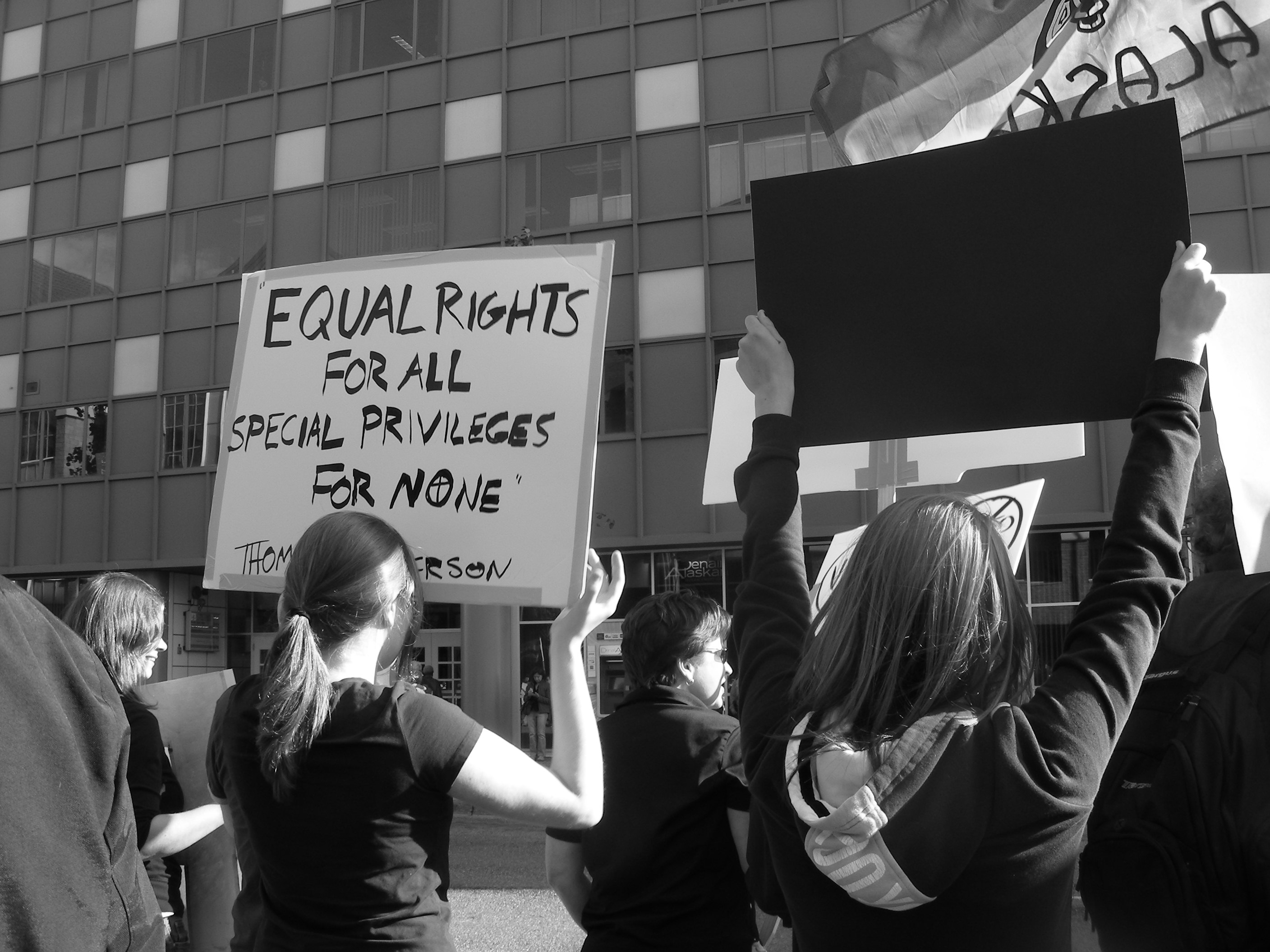Oracle announced earlier last week its decision to cut the Java browser plug-in. It will not be included in the next version of the kit for Java developers. This plug-in had been a frequent target of hackers and decision to remove was fueled by the browser maker’s withdrawal of support for the plug-in.
Oracle did realize that plug-ins have become unwanted in a tech world that has become increasingly mobile. In a release they stated “the rise of web usage on mobile device browsers, typically without support for plugins, increasingly led browser makers to want to restrict and remove standards based plugin support from their products, as they tried to unify the set of features available across desktop and mobile versions.”
Jim McGregor, lead analyst at Tirias Research, said that Google and Microsoft have already left out the Java plug-in. “It’s an evolution of the software environment,” he told TechNewsWorld. “Plug-ins were great when we were first trying to enable multimedia features at websites, but the way that things are programmed now, they’re more a security hazard than a benefit.”
Plug-ins are closely related to browser extensions. They were initially created to allow non-HTML content to be viewed from within the browser. Something like a PDF could be viewed right from the browser instead of a different program opening up. This won’t affect many consumers but businesses could be impacted.
Overall, the purpose of this is to improve security. Simon Crosby, CTO at Bromium said this is “a good-step forward.” Craig Williams, senior technical leader at Cisco’s Talos Security Intelligence and Research Group told TechNewsWorld “by removing plug-ins from the browser, we remove this attack surface, making all users more safe from both known and unknown zero-day vulnerabilities.” Pulling the plug means developers will have to move any apps that use it to another technology.
Article via TechNewsWorld, January 30, 2016
Photo: oracle via Dave [Creative Commons Attribution-NonCommercial-NoDerivs]

